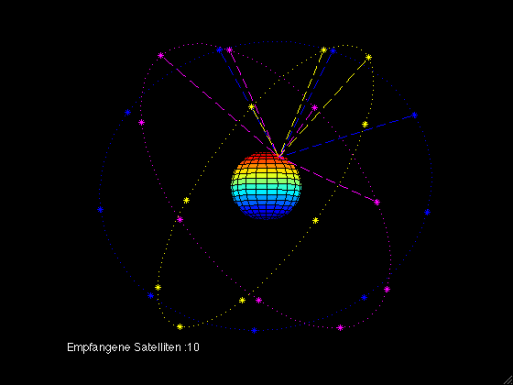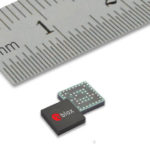For fully autonomous driving to become reality, several technologies will have to reach maturity and be rolled out in concert. One of them is affordable, scalable, and reliable high precision positioning.
The past decades have seen substantial improvements in the performance of Global Navigation Satellite System (GNSS) technology. In the early 2000s, the time it took to get a first accurate position went from minutes to under thirty seconds. In the latter half of the decade, receiver sensitivity improved dramatically – from -130 dBm to -167 dBm. By 2015, the number of functional positioning satellite constellations had gone from one global constellation in 2000 (the USA’s GPS) to four (GPS, GLONASS, BeiDou, and Galileo). This opened the doors to multi-constellation GNSS receivers. The satellite signals, too, have been modernized, and as of 2018, multi-band GNSS will become affordable. These advances set the stage for the next big theme in GNSS: achieving decimeter- or centimeter-level accuracy. Read more…



